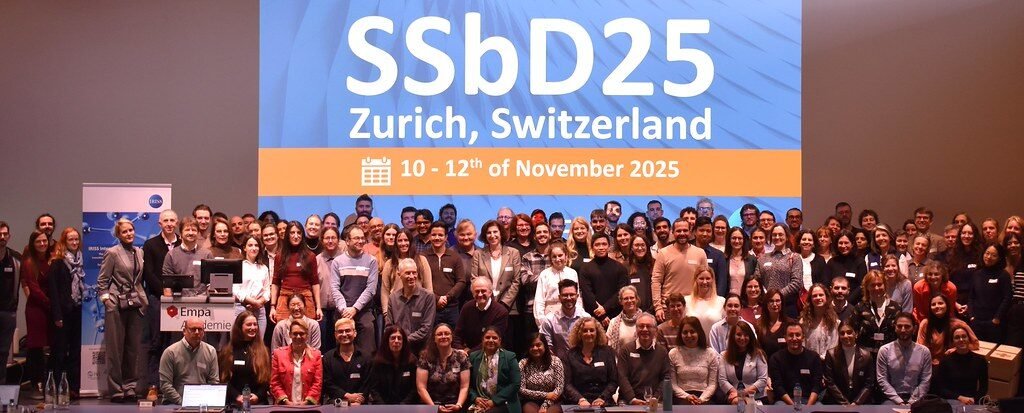Empa (Swiss Federal Laboratories for Materials Science and Technology, CH) is the research institute for materials science and technology of the ETH Domain and conducts cutting-edge research for the benefit of the industry and the well-being of society. It specializes in applications, focused research and development, and provides high-level services in the field of sustainable materials science and technology. Two Empa labs located in St. Gallen are dedicated to contribute to MACRAMÉ’s success:
- The Particles-Biology Interactions Lab pioneers innovative particle-based solutions for personalized healthcare applications addressing the needs of our society. The team of 40 researchers is active in the fields of rationalized (nano)materials design for precision health solutions, understanding (nano)materials biotransformation, transport and effects at biobarriers and tissues and multi-omics for health care materials.
- The Environmental Risk Assessment and Management Group (ERAM) at Empa is pioneering methods and applications in environmental risk assessment of advanced materials, bio-based materials, plastics and chemicals and is developing approaches to implement the Safe and Sustainable by Design (SSbD) concept, enabling a comprehensive and early view of opportunities and risks of new materials and technologies.
Empa’s role in the MACRAMÉ Project
The Particles-Biology Interactions Lab provides advanced in vitro models and expertise for inhalation toxicology. In collaboration with Epithelix SA and the Cantonal Hospital St.Gallen, we will provide data on advanced materials (AdMas) safety after air-liquid interface (ALI) exposure of reconstituted bronchial and alveolar airway epithelium. In addition, we generate few layer graphene (FLG, obtained from Carbon Waters) polymer composites and perform abrasion to produce end-of-life products, which we distribute to other consortium partners for characterisation and safety assessment in lungs models.

The ERAM group will combine probabilistic environmental risk assessment with life cycle assessment (LCA) in or-der to be able to perform a prospective environmental safety and sustainability assessment to evaluate AdMa in possible future applications in the context of a circular economy. develop and use tools to estimate environmental exposure, which can be used for fate modeling, environmental risk assessment, and life cycle inventory analysis. Moreover, the ERAM group will investigate how we can substitute in vivo data with in vitro data for AdMa risk assessment. A modeling pipeline will be provided to enable predictive modeling of AdMa hazards based on in vitro data.
MACRAMÉ is fostering important aspects in understanding of advanced material safety profiles taking the potential application into account.









